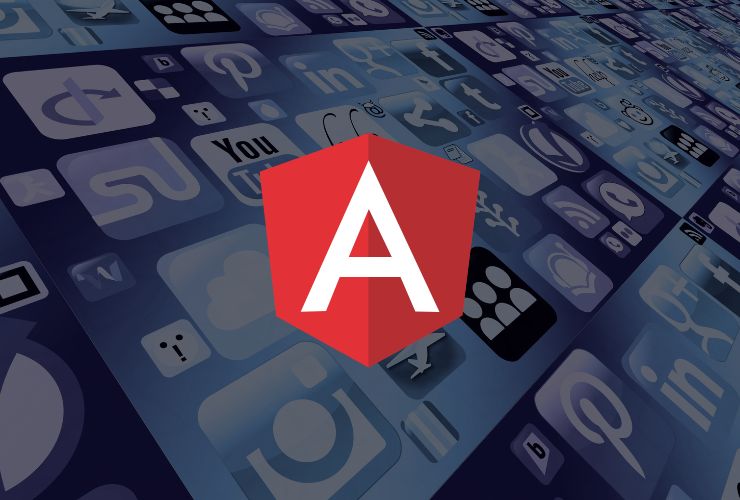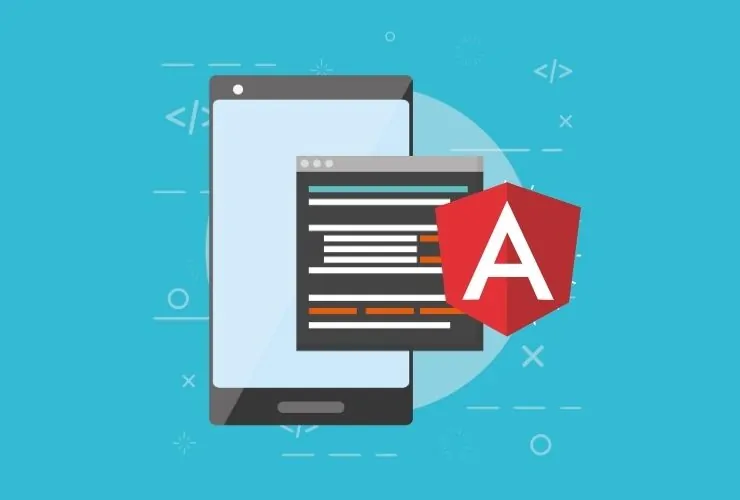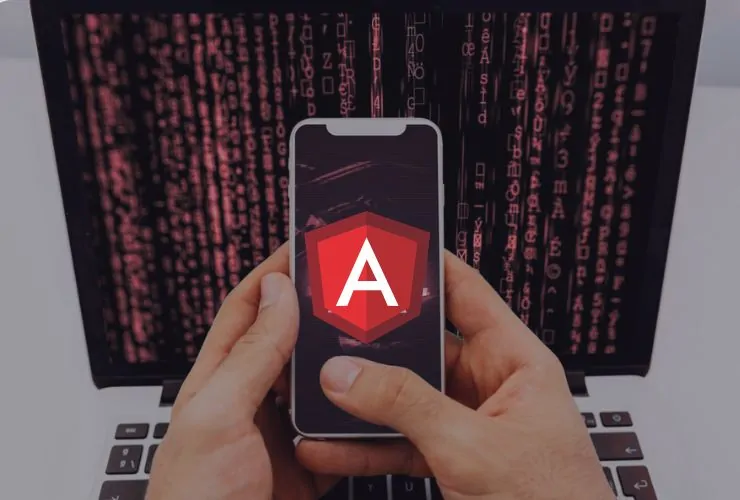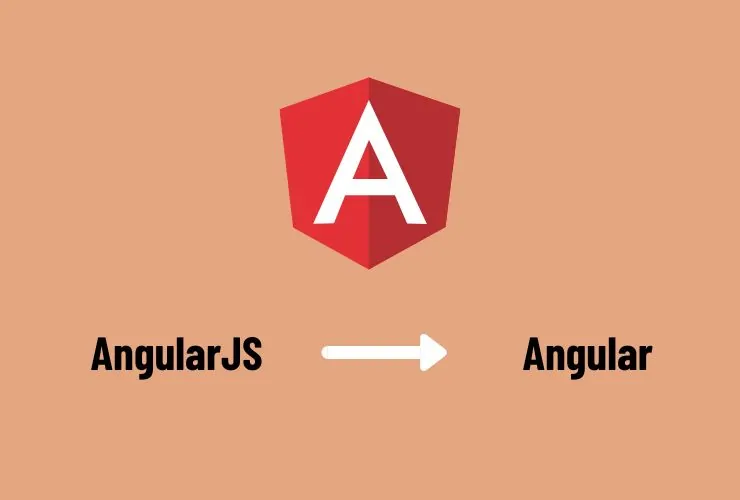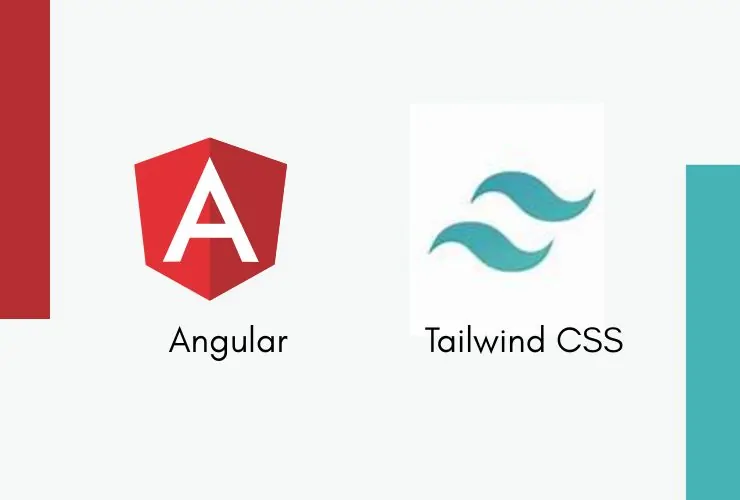Progressive Web Apps (PWAs) provide the best of both worlds with the convenience of the web combined with traditional app features, such as, speed, offline availability, installability, and push notifications. Users don’t need to use an app store to download and install your app! Users can access your app from their browser and have similar app usability as any normal app.
Angular is a robust front-end framework. Its CLI and service worker features make building PWAs simple and efficient. With just one command, you can generate all the necessary components—such as the manifest file, service worker, and cache settings. This speeds up the setup process and helps avoid manual configuration errors.
The modularity and lazy loading approach of Angular helps ensure that your PWA will be fast and scale well. And as Angular supports service workers, it saves assets to cache and refreshes the application in the background which enhances the end-user experience by providing loading speed and offline access.
Reasons Angular is a Good Option for PWAs
One command generates the required setup to run as a PWA (the manifest, the service worker, the icons) through ng add @angular/pwa.
Automatic offline caching- The service worker automatically shows cached versions of assets and data by intercepting any network call.
Streamlined experience- Takes care of everything to do with Angular routing, lazy-loaded modules in the application, and just overall experience.
The Key Steps in Developing a PWA with Angular
Configure the Caching
Use the ngsw-config.json file to determine what gets cached and when APIs get refreshed and how to cache with Angular.
Test Out Offline & Performance
Build your app using production mode, run local (on a secured server), and make sure that you can access the app offline, and that the service worker works as expected using Chrome DevTools.
Implement Push Messages
Ask for permission to send notifications, and subscribe users, and connect with your back-end environment to send push messages.
Deploy and Audit
Deploy your PWA using HTTPS (mandatory if using service workers), and audit/assess through Lighthouse performance, accessibility, and PWA compliance.
Angular Core PWA Features
Whenever you develop a Progressive Web App (PWA) with Angular, you have several powerful features that increase performance, engagement with the app, and access to it on multiple devices. The features that make Angular a powerful PWA development framework are listed below:
Offline Capabilities
One of the best features is that a PWA can operate when offline. With the built-in service worker, Angular can intercept HTTP requests, and cache static assets, application shell, and even API responses. This means that if users only have a flaky connection, they can still interact with your app—fill in and submit forms, browse item information, and access content offline!
Angular’s service worker is easy to configure caching strategies in the ngsw-config.json file. You can specify various caching strategies for static files, dynamic data, and lazy loaded modules. Having this level of control helps to ensure that the correct data is available in the expected timeframe and always fresh.
Installable Experience
PWAs offer an app-like experience by letting users “install” the app directly from the browser. There’s no need to visit an app store. Angular supports this feature using a Web App Manifest. This is a JSON file that stores key app details like name, icons, start URL, display mode, and theme colors.
After installation, your Angular PWA launches in a standalone window—without the browser UI. It feels like a native mobile or desktop app. This boosts user retention by keeping your app just a tap or click away, right on the home screen.
Push Notifications
Another way to keep your users engaged with your application is to be in contact with them when they are not using your app. Angular provides a convenient way to implement push notifications using the SwPush service included with the Angular Service Worker module. Push notifications are delivered to your user through the browser’s push service and are triggered by your backend servers.
You can communicate alerts for sales, updates, reminders, and any other personalized communication, engaging users and encouraging return visits. Angular also has the reactive programming support using RxJS to help manage real time messaging streams on the client side.
Native App-Like Experience
PWAs built with Angular provide a smooth and very responsive experience. Thanks to Angular’s routing, lazy loading, and modularity, your app will feel smooth and responsive—without the latency of conventional page refreshes or content flicker.
Background sync, smooth transitions, touch-friendly interfaces, and fast interactions help your app feel like a native mobile app. It won’t just look like one—it will behave like one, improving usability and user experience.
Bonus—Frictionless Updates
Angular’s service worker allows updates to be delivered in the background. This ensures users aren’t interrupted during use. Cached files refresh automatically based on your settings. Users receive the new version the next time they visit—no action needed.
Advantages of a PWA built with Angular
- Higher Engagement Rates: Offline access combined with fast load speeds lead to lower bounce rates and an increase in customer loyalty.
- Cross-Platform Applicability: One codebase can serve all platforms on the web, mobile web and desktop—there is no need to build different applications.
- Cost-Effective Delivery: PWAs completely bypass app store fees and also provide the option for users to get the latest version without them having to update—the faster the user gets to their content, the better.
- Discoverability: PWAs are discoverable and have the potential to rank like a typical website due to all of the SEO capabilities.
- User-Friendly Experience: The ability for users to install the web app and provide native-like experiences encourages repeat visits for users.
Build your Angular PWA with Empirical Edge
At Empirical Edge, we specialize in providing full-cycle Angular PWA services such as:
- Service worker design and caching strategy
- Web App Manifest and responsive icons
- Push notifications
- Performance optimization and Lighthouse audit
- Configuration of secure HTTPS protocol and deployment
Whether you’re building a PWA from scratch or upgrading an existing app. We help create experiences that are scalable and high performing that align to your goals.
Conclusions
Building a PWA with Angular gives you fast, reliable, installable web experiences that feel native. Angular’s toolset removes much of the complexity, letting you focus on delivering value.

